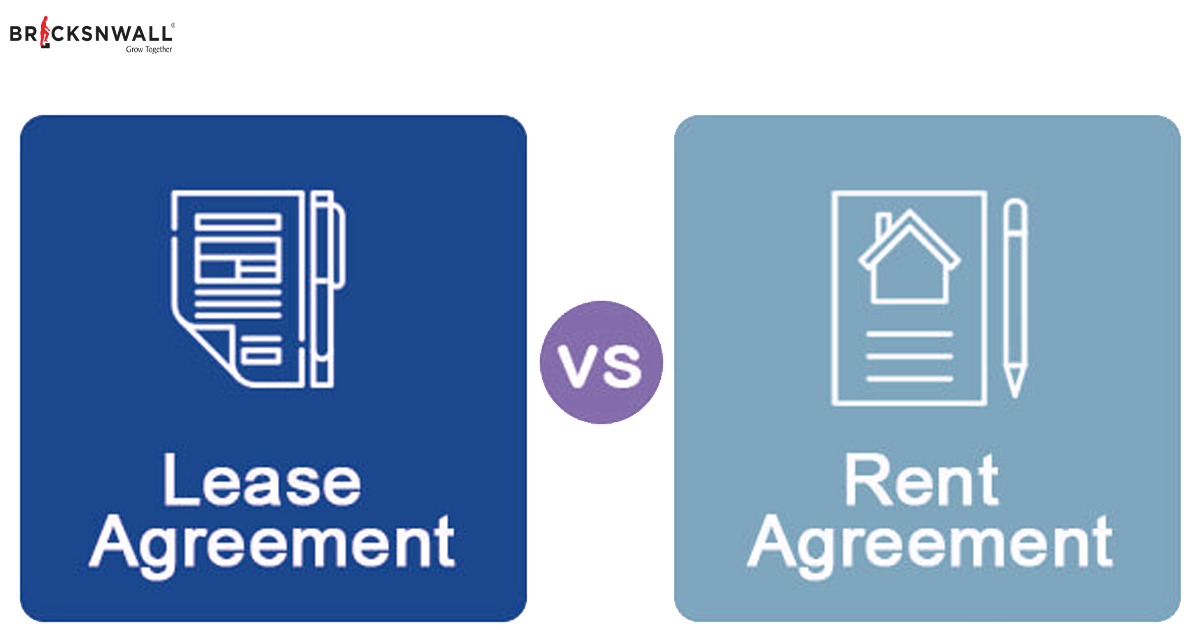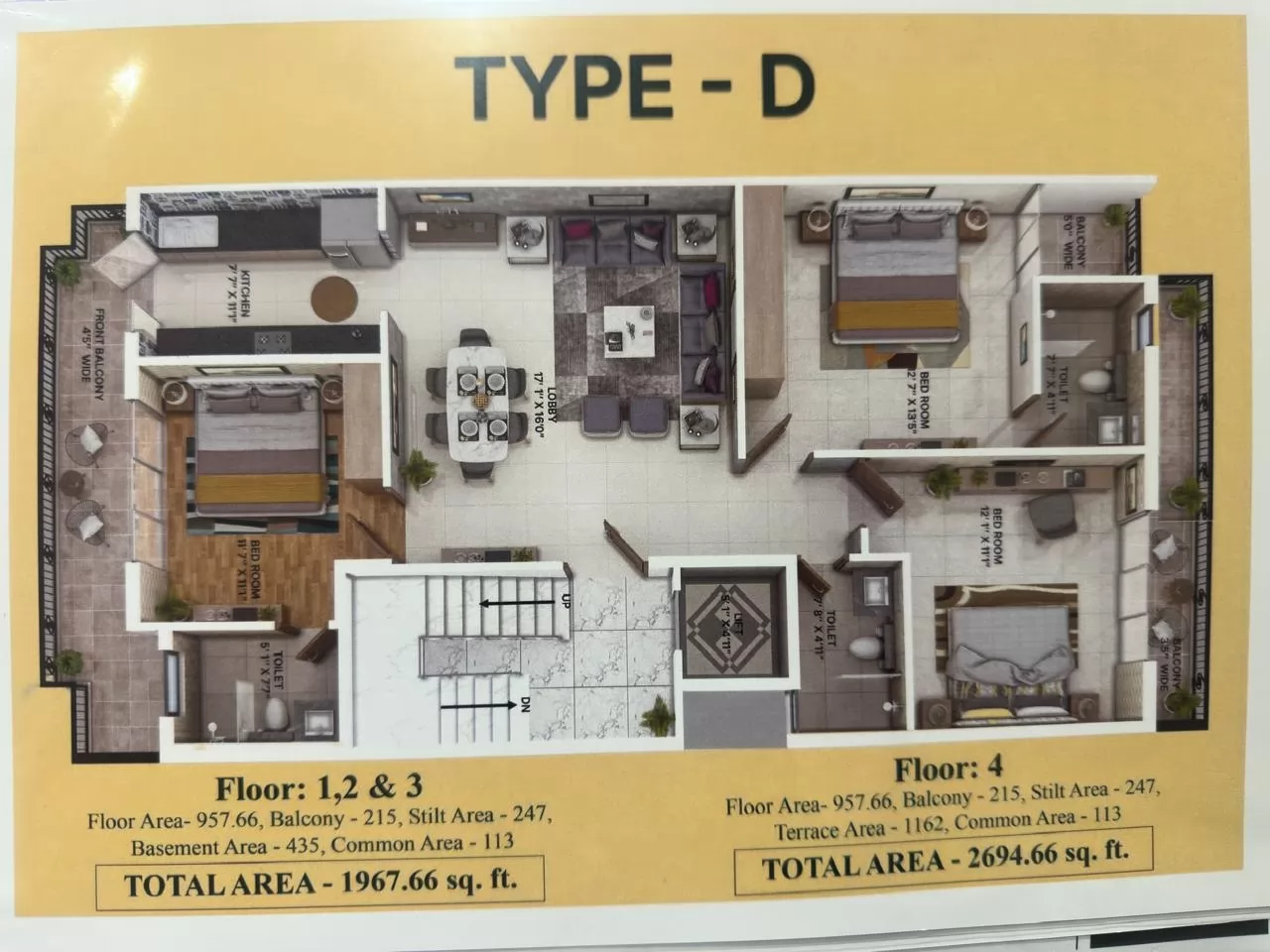Lease vs. Rental Agreement
Bricksnwall Trusted Experts

When it involves foreclosure, two not unusual terms that generally tend
to confuse humans are “rent agreement” and “lease agreement” Although each is
crucial to the validity of the owner-tenant courting, they have got very
distinctive functions and characteristics.
In this blog, we’ll explore the key differences between a statutory
settlement and a mortgage contract, highlighting their position in the
international of real estate.
Renovations: A rental
agreement, also known as a rental agreement or tenant agreement, is a written
agreement between a landlord and a tenant that outlines the terms and
conditions of the rental agreement it is often used for short-term rental
arrangements, generally lasting from a few months to a year. Rental agreements
are popular for residential properties, commercial spaces, and vacation
rentals.
Key Features of the
Rental
Length of Contract: A rental
agreement has a fixed term, usually a fixed period such as six months or a
year. At the end of the agreed term, the tenant generally has the right to
renew the lease or vacate the property.
Mortgage: Monthly
mortgage amount and due date are specified. It explains payment procedures and
late payment penalties.
Terms and Conditions: The plan
outlines the terms and conditions of tenant, pet, care responsibilities, and
other property-specific proposal language and conditions
Deposit: This determines
the amount of deposit paid by the renter, and acts as protection against
possible damage to the property during the rental process.
Termination
clause: Provisions stating that either party will terminate the
lease by the agreed term, and at any time with reasonable notice. A legal
contract, on the other hand, is a detailed and sophisticated agreement that
addresses several facets of the job relationship. It can be utilized in a
variety of contexts, such as partnerships, joint ventures, business sales, and
any other transaction in which legal and financial considerations necessitate
suitable paperwork.
The main elements of
a legal contract are:
Leasing of services: Legal contracts
are broader and include more rules as compared to lease contracts.
A formal contract has the force of law and can be enforced in court,
guaranteeing that each party fulfills its contractual duties.
Legal Knowledge: Writing a jail
contract necessitates careful criminal consideration to ensure compliance with
applicable laws and regulations.
Legal contracts are not only for landlords and tenants. Depending on the
circumstances, more than one person may be concerned about a variety of
persons, businesses, and industries.
Duration and renewal: Statutory
agreements, unlike fixed-term rental agreements, can have varying duration
periods and may or may not include renewal provisions.
Conclusion:
To summarise, the major distinction between a lease and a formal contract is their breadth and intricacy. Rental agreements are generally intended for short-term rental arrangements, but statutory contracts include a broader variety of work relationships and necessitate substantial legal knowledge and comprehension of the parties' obligations all over the place. If you are involved in any legal or tenancy agreement, you should seek legal advice if necessary and read and completely understand the conditions before signing. This ensures that you are forming a transparent and secure arrangement, whether through a property lease or otherwise.




